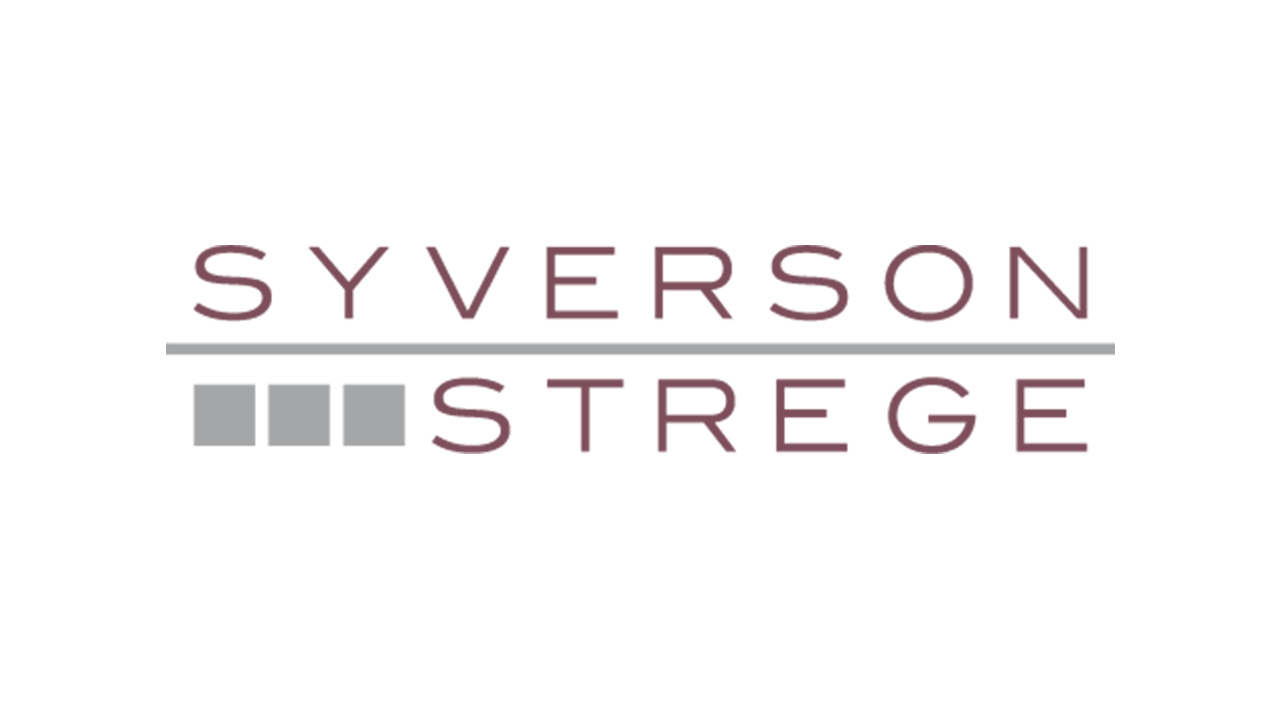Sherpa Blog by Ethan Gascho: Pros and Cons of Taxable vs. Corporate Bonds
by Admin | December 1, 2022
July 2, 2015

Pros and Cons of Taxable vs. Corporate Bonds
By: Ethan Gascho
For the last few years we have been living in a low interest rate environment. The Federal Reserve has not seen the kind of economic improvement necessary to justify an increase in the federal lending rate. This has made chasing bond yields difficult in a market that contains an abundance of low yield options for investment grade bonds. To complicate the matter further, there is always the lingering debate of tax-managed bonds versus taxable bonds.
Typically taxable investments will provide a higher yield than tax-managed offerings, however the interest income will be taxed at your highest marginal tax rate. Tax managed accounts will utilize municipal bonds as a key instrument to provide tax-free income to the portfolio. These municipal bonds have a much lower default risk than corporate bonds, which justifies the lower yield provided by these bonds. When does it make sense to use these tax-managed accounts?
To calculate the spread you will need the Effective After-Tax Yield:
Expected yield – (Expected yield * Marginal Federal tax rate)
Let’s assume you are in the 28% marginal tax bracket. If you find a taxable bond with a yield of 4.00%, you will need a municipal bond that yields more than 2.88% to justify a tax-managed portfolio. If you are in the 33% bracket you would require a yield of 2.68%, and if you were in the 15% tax bracket you would require a yield of 3.40%.
The yield required for a tax-managed portfolio becomes much easier to achieve as one moves into higher tax brackets. It may also be beneficial to utilize tax-managed bonds to avoid the elimination phases of certain tax breaks. Always include your tax advisor in these discussions with your financial and investment planners, to make sure you are taking full advantage of your investment opportunities. Municipal bonds generally have a much lower default risk than corporate bonds.


